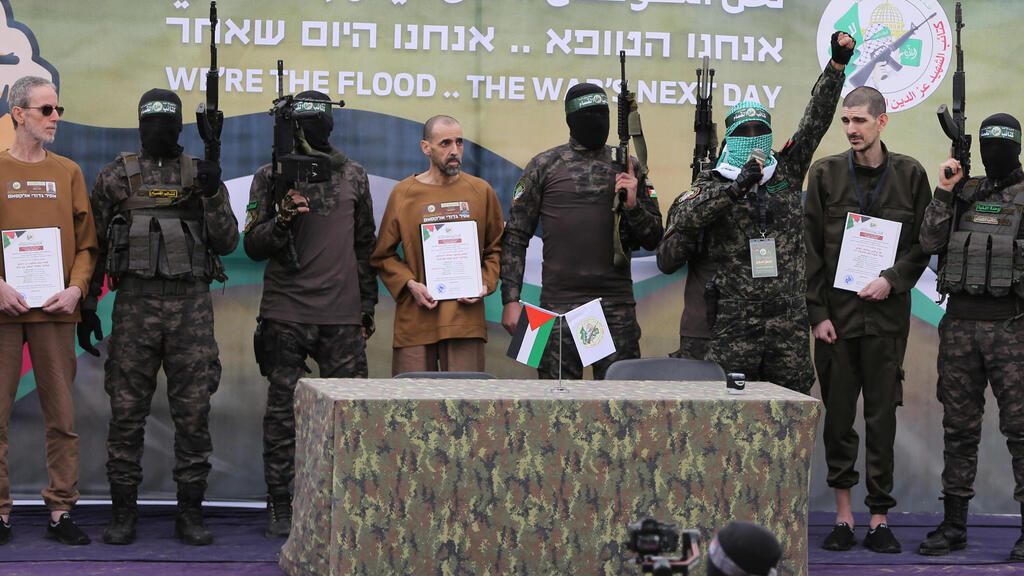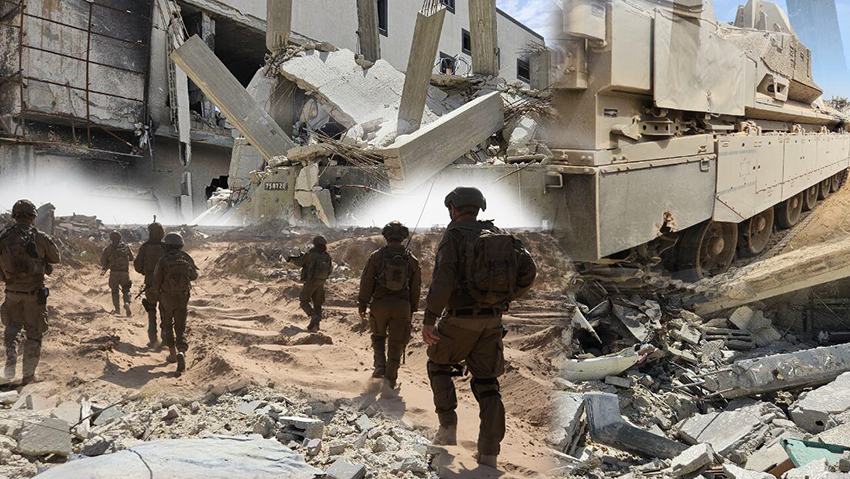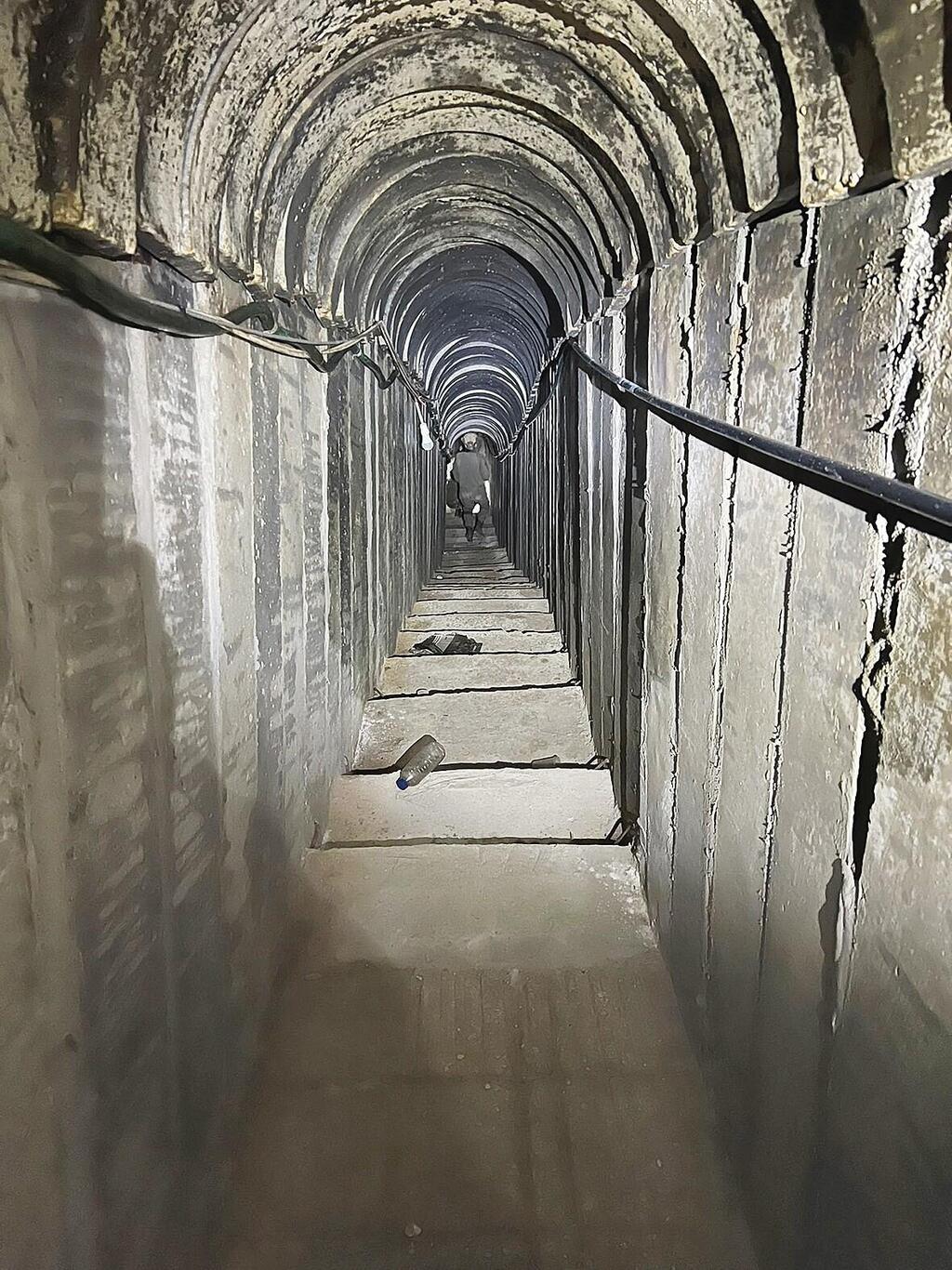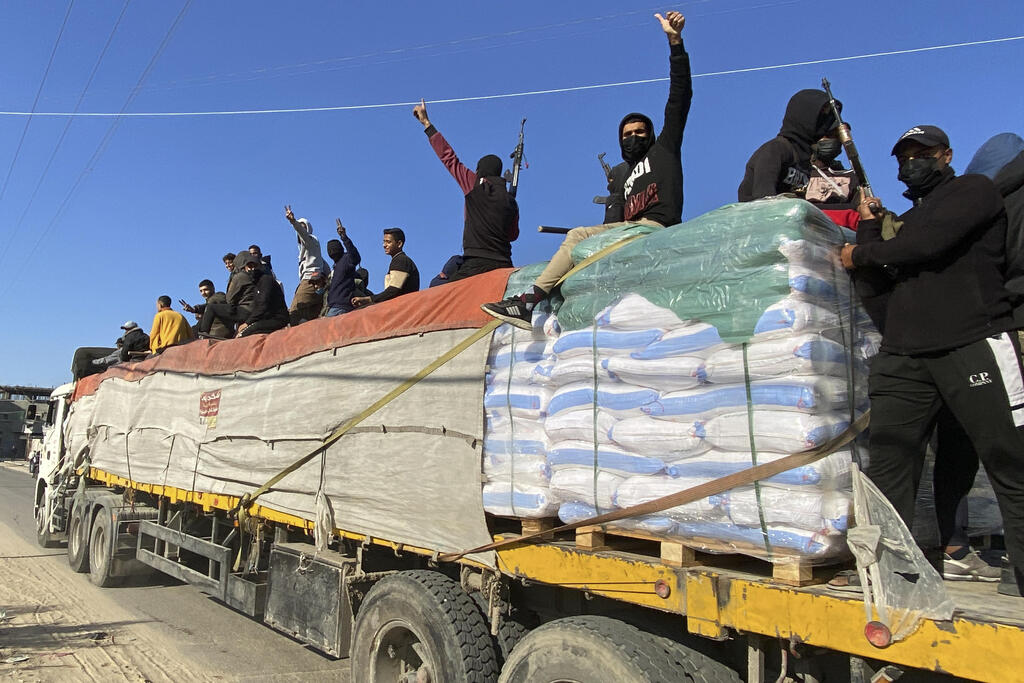The IDF and security officials have declined to respond to accusations and insults hurled at Chief of Staff Lt. Gen. Eyal Zamir and Defense Minister Israel Katz during a tense Security Cabinet meeting Tuesday by ministers Bezalel Smotrich and Yariv Levin.
Despite the heated rhetoric, senior defense figures — including Katz, Zamir, Shin Bet head Ronen Bar and Mossad Director David Barnea — are maintaining a professional stance focused on securing the release of hostages and defeating Hamas in Gaza.
Four strategic options on the table
Weeks ago, shortly after assuming his role, Zamir led a series of discussions to formulate a clear-eyed military assessment, approved by Katz, weighing current political and operational constraints.
The IDF has since developed three operational plans, only one of which requires a large-scale reserve mobilization. Officials stress that the security establishment has outlined four possible strategic paths:
1. A permanent ceasefire per Hamas’ demands: This would secure the release of most or all hostages but require an IDF withdrawal from Gaza. Hamas would receive international and U.S. guarantees against renewed fighting, allowing it to survive as an armed entity.
2. Phased hostage releases and intermittent ceasefires: A drawn-out process over weeks or months, paired with planning for post-war Gaza.
3. Decisive military victory: A large-scale offensive involving multiple divisions to seize control of most of Gaza and remain until Hamas is fully defeated.
4 View gallery


Hamas terrorists in 'release ceremony' of Israeli hostages
(Photo: REUTERS/Hatem Khaled)
4. Escalation of current fighting: Gradually intensify strikes while restricting humanitarian aid to Gaza’s non-combatant population, aiming to pressure civilians to turn against Hamas. This option includes U.S.-backed coordination with regional mediators on post-war governance.
Security officials warn that agreeing to a permanent ceasefire would hand Hamas a major propaganda victory, emboldening Iran’s "Axis of Resistance" and emerging Sunni Islamist factions (including Turkey, Syria and potentially Jordan) to replicate Hamas’ October 7 tactics. It could also normalize hostage-taking as a tool to extract territorial or political concessions.
Get the Ynetnews app on your smartphone: Google Play: https://bit.ly/4eJ37pE | Apple App Store: https://bit.ly/3ZL7iNv
Even if Israel resumed fighting later, Hamas’ perceived “success” would remain entrenched. Officials further doubt Hamas would release all hostages, likely retaining some as leverage. While Israel favors staggered hostage deals, Hamas rejects them, aware that time is against it.
Gaza’s population shows growing signs of unrest and the IDF is systematically eliminating Hamas commanders, headed by Mohammed Sinwar and Ezz al-Din al-Hadad.
A "decisive" ground operation in Gaza would require mobilizing tens of thousands of reservists to seize the Strip within one to two weeks. The IDF would impose a siege on humanitarian zones like Al-Mawasi and central camps, gaining full control over aid distribution.
However, this includes several risks: Casualties among hostages and soldiers during prolonged tunnel warfare; guerrilla attacks reminiscent of the Viet Cong’s tactics against U.S. forces; international condemnation (including at the UN Security Court) for humanitarian crises and a costly, open-ended military administration in Gaza.
IDF assessments stress that Hamas siphons aid to fund operations, pay terror recruits (including teens) and restock weapons. “One humanitarian aid truck lets Hamas sustain an entire brigade,” a senior IDF field commander said. While the IDF prefers international agencies to distribute aid, it has contingency plans to do so itself — despite risks to troops from Hamas ambushes.
The IDF’s preferred path is escalating strikes while allowing minimal aid to stave off famine and disease. This aims to degrade Hamas’ infrastructure, pressure Gazans to revolt and avoid triggering a broader crisis.
Officials acknowledge uncertainty about whether Gazans will turn on Hamas but argue the strategy deserves time — urging the hostages’ families and far-right ministers to exercise patience.
The IDF refuses to endorse post-war governance plans, wary of far-right calls to resettle Gaza. “Our focus is on defeating Hamas, not political solutions,” a senior officer stressed.
First published: 21:56, 04.23.25





